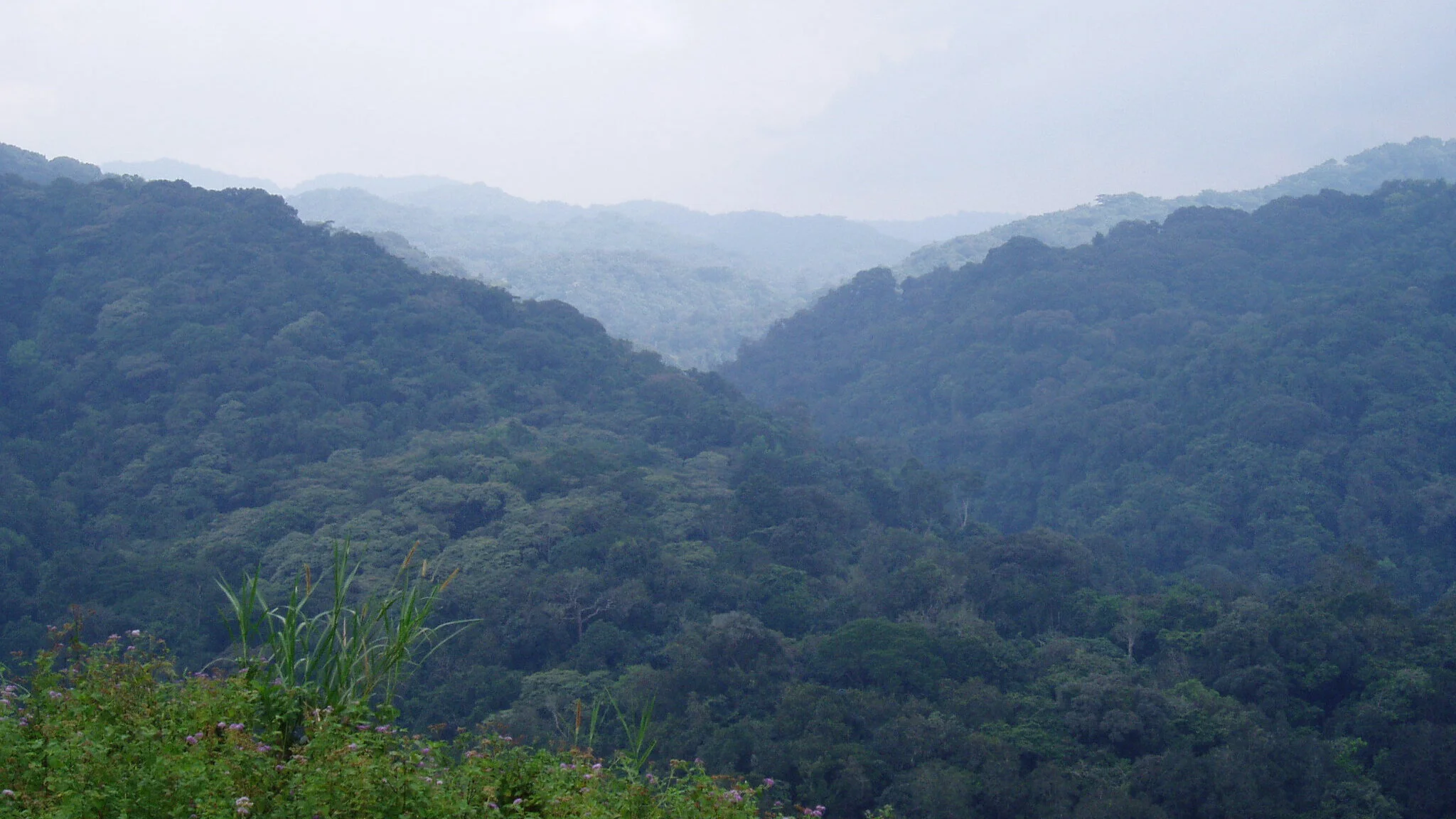Forest
I am sitting on the verandah in the middle of the day as the equatorial sun beats down on the Earth. Next to me sits an elder of the Twa tribe, who is looking at a coffee table book of artistic photographs with me. My interpreter is not with me, it is just the two of us - and we speak nothing of each others’ languages.
This happened many years ago, and has so many layers that I cannot pull apart in this blog. How did I come to be here? Who is this elder? Why are we talking? Why are we looking at a book rather than the real forest? These are all things for another time.
The elder, Bernard, is known to me by a Christian name which is not his true name. In his lifetime he has been evicted from the forests and ‘civilised’ - part of which was the giving of a name from a foreign country and culture in an effort to remove the wildness.
The Twa were evicted from their forest homes in the early nineties as national parks were gazetted. The parks were instituted for the preservation of mountain Gorillas - and this was apparently incompatible with the people who had lived alongside them for millenia. A hunter-gatherer-trader people, the Twa are small in physical stature compared to many other local peoples, and are seen as inferior by most of their neighbours. The eviction, with no compensation, was and continues to be catastrophic.
As we look at the photographic exploration of the forest he had been evicted from, Bernard looks closely at the pictures of all the animals that he knew from his old life. Usually he is quiet and restrained, with a tiredness in his eyes. But here, now, he comes alive. He is alert, and he starts speaking the names of everything he sees, for me to hear.
A page turns, and there in front of us is a double-page spread of the rainforest from above. A single word emerges from his lips:
“Nyehamba” (n-yeah-ham-ba).
I quickly understand this word to mean forest. He keeps this page open for a long time. He strokes it with his hand as if caressing a loved one, and tears emerge in his eyes. “Nyehamba, nyehamba” he repeats.
After a few moments, I realise that nyehamba is not just ‘forest’, it is also ‘home’. A few moments more and I realise that this concept of home is not just the dwelling place for a people, but the community of life that made up that home. In that instant, I realise that what Bernard had, and was ripped from, is a depth and complexity of lived connection with the Earth that I can only dream of. Even if I were to dedicate the rest of my life to building such a connection it would not be a fraction of his lived experience.
Bernard cannot visit his home, but we westerners can to admire the wildlife.
Photo by Random Institute on Unsplash
I realise that we were both impoverished. Bernard has been removed from his home, and has no significant hope for his people. I myself, a white western male with more money in my pocket than could be dreamed of by his entire community, have grown up disconnected from the Earth. I have no forest to mourn. I have no nyehamba of my own to return to.
I realise in that moment as Bernard cries, that my tribe does not know what it means to have a nyehamba. My dominant, global tribe has lost our home. Whilst we have been lost, we have caused such harm. Many of my tribe have evicted others from their homes so that they now suffer as we do.
Bernard and I continue to look through the book, sharing words, but I am changed forever by that page and by Bernard. I cannot explain to him as I do not have the words nor the understanding just yet, but he has shown me a new way of living with the world, one that I need to explore for the rest of my life.


